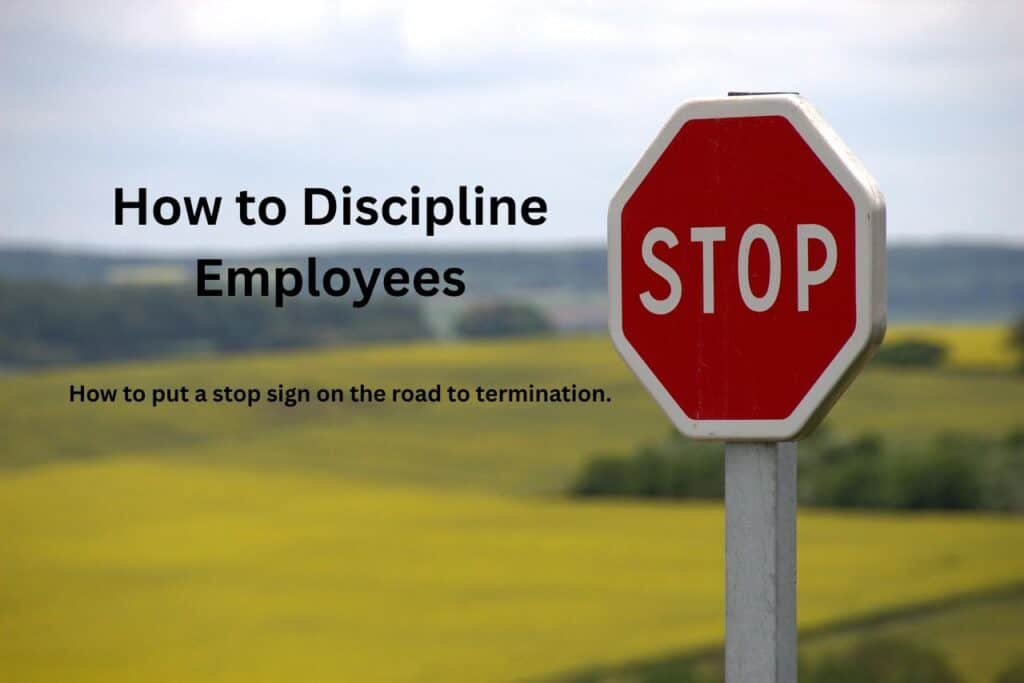When Should You Call an HR Expert or Lawyer?
No matter how good you are at managing your small business, there comes a time when an employee says or does something that sets off legal alarm bells and you need expert advice. Maybe they have accused another employee of harassment, maybe they have claimed you’re breaking the law and are threatening to report you to the state or the Equal Employment Opportunity Commission (EEOC), or maybe you want to be generous to them during a very difficult time and are worried that doing so may get you sued later by somebody else who wants the same treatment. Googling the question usually gives you a very limited answer that doesn’t really apply to your situation, at best, or, at worst, is wrong all together. When should you call an expert consultant like The Grange, and when should you call an attorney? Below is some guidance when you should call who. Call a Consultant: An experienced HR consultant, like The Grange, can answer most questions regarding employment law. If an HR professional has been trained and worked five or more years, they’ve experienced 80% of the situations you’ll experience as a small business owner. Most can explain the law and the best practices associated with handling the situation. Claims of Harassment: HR experts can help you determine if the claim really does amount to harassment or just somebody feeling uncomfortable. HR professionals train for this by studying the law and relevant court cases. They can help you understand what you may or may not be liable for and what the possible damages may be. They’ll help you avoid common mistakes that plague many small businesses. Claims of Discrimination: Discrimination is defined as anything that is an unfair disadvantage in employment, pay, work conditions, and is based on a “protected class” under the law. Protected classes include race, color, religion, national origin, sex (including pregnancy, childbirth, and pregnancy-related conditions), gender identity, sexual orientation, age, disability, genetic information, service in the military, or any other characteristic protected by applicable federal, state, or local laws and ordinances. Some states have a longer lists of protected classes and a few have shorter lists. “Googling the question usually gives you a very limited answer that doesn’t really apply to your situation, at best, or, at worst, is wrong all together.” Employees who complain about discrimination and claim that it is based on one of these protected classes may have a legitimate claim. (Hint: Just because an employee can’t connect the conduct they are experiencing with a protected class, it doesn’t mean it isn’t discrimination.) Even if it isn’t actually discrimination (the law doesn’t protect you against bad managers), complaints of bad behavior or poor management are often indicators of a serious cultural issue. Pay Issues: Experienced HR professionals have a good understanding of basic payroll law and can usually answer most questions. Call when you can’t easily identify a solution or need to understand the law surrounding payment of wages when an employee is terminated. Call a payroll expert or CPA if the situation revolves around taxes or government mandated deductions. ADA and FMLA Claims: When an employee is missing time due to illness or takes a lot of time off to care for an ill family member, an HR consultant can help you take care of your employee without putting you in legal danger. They can explain, not only the consequences of a legal misstep, but also help turn the situation into one that benefits the company by improving employee trust and commitment to the company. Don’t believe any consultant or legal advisor that tells you this situation is a zero sum game or employee vs employer. The number one type of claim reported to the EEOC is one that involves missteps associated with these situations. Employee Conflict: Employee politics, arguments, mistreatment, and, often, threats, are signs of cultural issues that go far beyond who is right or wrong in a given situation. A good HR consultant will be able to identify the cultural issues present and help you resolve them. Call an Attorney: You need to call an attorney when there is action to that needs to be taken that requires an in-depth knowledge of the law or legally requires a specific license. Termination Agreements: While The Grange can draft legal documents and is backed by the legal team at the law firm Person Butler, most consultants can’t do this for you. Call an attorney to help you formulate a legally binding agreement that protects you when you terminate an employee and offer them an incentive to release any legal claims they may have against you. Agency Investigations: If you receive a notice from a state or federal agency notifying you that there has been a complaint made that the agency is going to investigate call an attorney. Lawyers can often help you understand time requirements, draft responses, and predict your odds of prevailing in the matter. While The Grange can support you in such matters, most consultants are unable to do so. Written Demand Letters: When you receive a demand letter from an attorney representing a former employee, call an attorney. Use a lawyer or firm that specializes in employment law or employment litigation. The firm Pearson Butler, in Utah assists The Grange in such matters. Notice of Litigation: Call an attorney that specializes in actively litigating cases and has an employment law expertise. A few final notes of Advice: Just because your company operates in a “at will” state, doesn’t mean you can terminate an employee for any reason at any time without legal risk. While many laws include language that limit their applicability to companies that employ 15 people or more, every employer should act as if all such laws apply to them. Many newer laws, such as the Pregnant Workers Fairness Act (PWFA), don’t have minimum employee counts but can be very onerous
When Should You Call an HR Expert or Lawyer? Read More »










